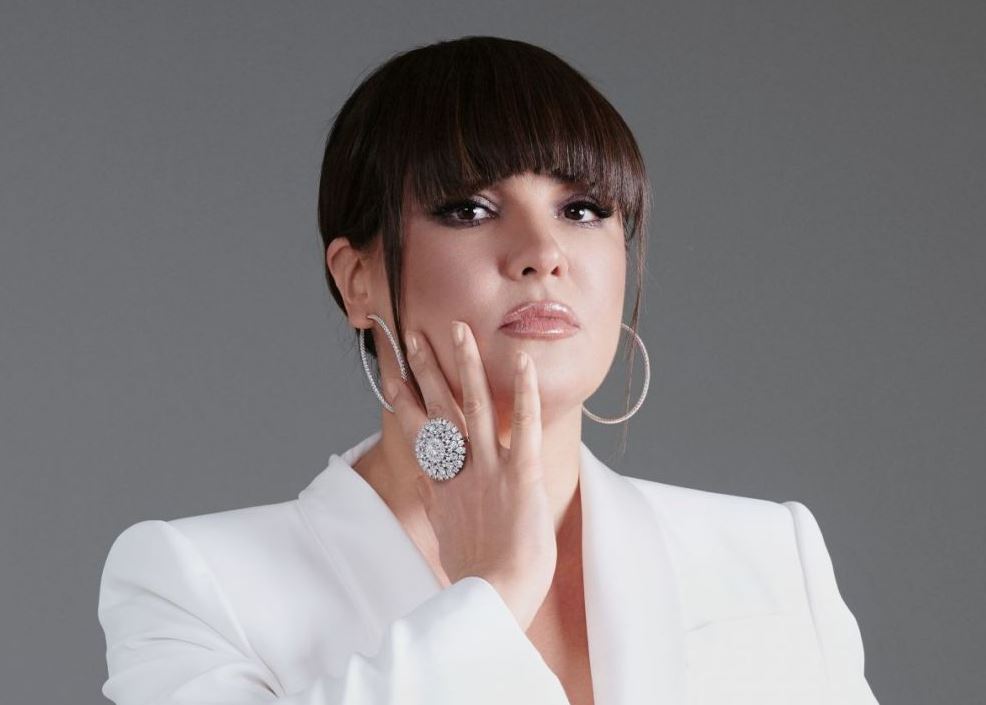An arbitrator has ruled that the Metropolitan Opera must pay the Russian singer Anna Netrebko more than $200,000 for 13 performances that were cancelled. These performances included appearances in “Don Carlo” this season, “La Forza del Destino” and “Andrea Chénier” next season. According to the “pay or play” contractual agreement, which mandates that institutions must pay performers even if they subsequently decide not to employ them, the arbitrator came to the conclusion that Netrebko was eligible to receive money for her work.
The Met had contended that Netrebko, one of the greatest performers in opera, was not entitled to payment because she had refused to comply with the company’s demand that she repudiate President Putin after the invasion of Ukraine. The demand had been made after Putin’s military intervention in Ukraine. Her rejection, according to The Met, was in violation of the company’s behaviour agreement. Before the invasion, Netrebko had expressed her admiration for Putin and had said that she supported Putin for president in 2012.
Howard C. Edelman, who presided over the arbitration, came to the conclusion that “there is no question that she was a Putin admirer, as she had every right to be.” On the other hand, he said that cooperating with Putin was “absolutely not an act of moral turpitude and does not in and of itself constitute actionable wrongdoing.”
Netrebko had asked for an additional $400,000 in fees for engagements in the upcoming seasons that had been discussed but not formally agreed to. These engagements included leading roles in Puccini’s “Manon Lescaut” and “Tosca,” as well as Verdi’s “Macbeth” and Tchaikovsky’s “The Queen of Spades.” However, these engagements had not been formally agreed to. The arbitrator came to the conclusion that notwithstanding Netrebko’s performances, she was not entitled to payment for them since the contracts governing those engagements had not been finalised.
In addition, the arbitrator imposed a penalty on Netrebko for making “highly inappropriate” statements after the invasion. These statements included sharing a text on social media that used an expletive to refer to her Western critics, who she referred to as being “as evil as blind aggressors.” The arbitrator imposed a penalty of nearly $30,000 on Netrebko for these statements.
In an interview, Peter Gelb, the general manager of the Metropolitan Opera, said that the decision to cancel Anna Netrebko’s performances was taken because to her close relationship with Vladimir Putin. He also stated that it was “an artistic loss for the Met not having her singing here.”
A request for response was submitted to the representatives of Netrebko, but they did not react right away.
Also, on Friday, the Metropolitan Opera stated that it would be removing Netrebko’s spouse, the tenor Yusif Eyvazov, from a production of “Tosca” that was scheduled to debut on March 30. Matthew Polenzani will now take over for Eyvazov in the part of Cavaradossi, the painter, for the next six performances of the opera. Before, Eyvazov was scheduled to portray the role. Gelb stated that the primary reason he made the decision to terminate Eyvazov’s employment was due to the comments that Eyvazov made last year criticising soprano Angel Blue. Blue withdrew from a production of “Aida” at the Arena di Verona after photos of Netrebko and other artists performing there in dark makeup were circulated on social media. Gelb stated that he made the decision to fire Eyvazov.
It was also thought troublesome because Eyvazov was associated with Netrebko, and Gelb said that he did not want to offend the Ukrainian soprano Liudmyla Monastyrska, who would sing the part of Tosca in four performances. The Metropolitan Opera has said that Eyvazov would be reimbursed for the cancelled performances of “Tosca.”
Netrebko continues to be a huge celebrity and a box office attraction despite the fact that she has been the subject of criticism and there have been requests for her to be barred from performing on a worldwide scale.

